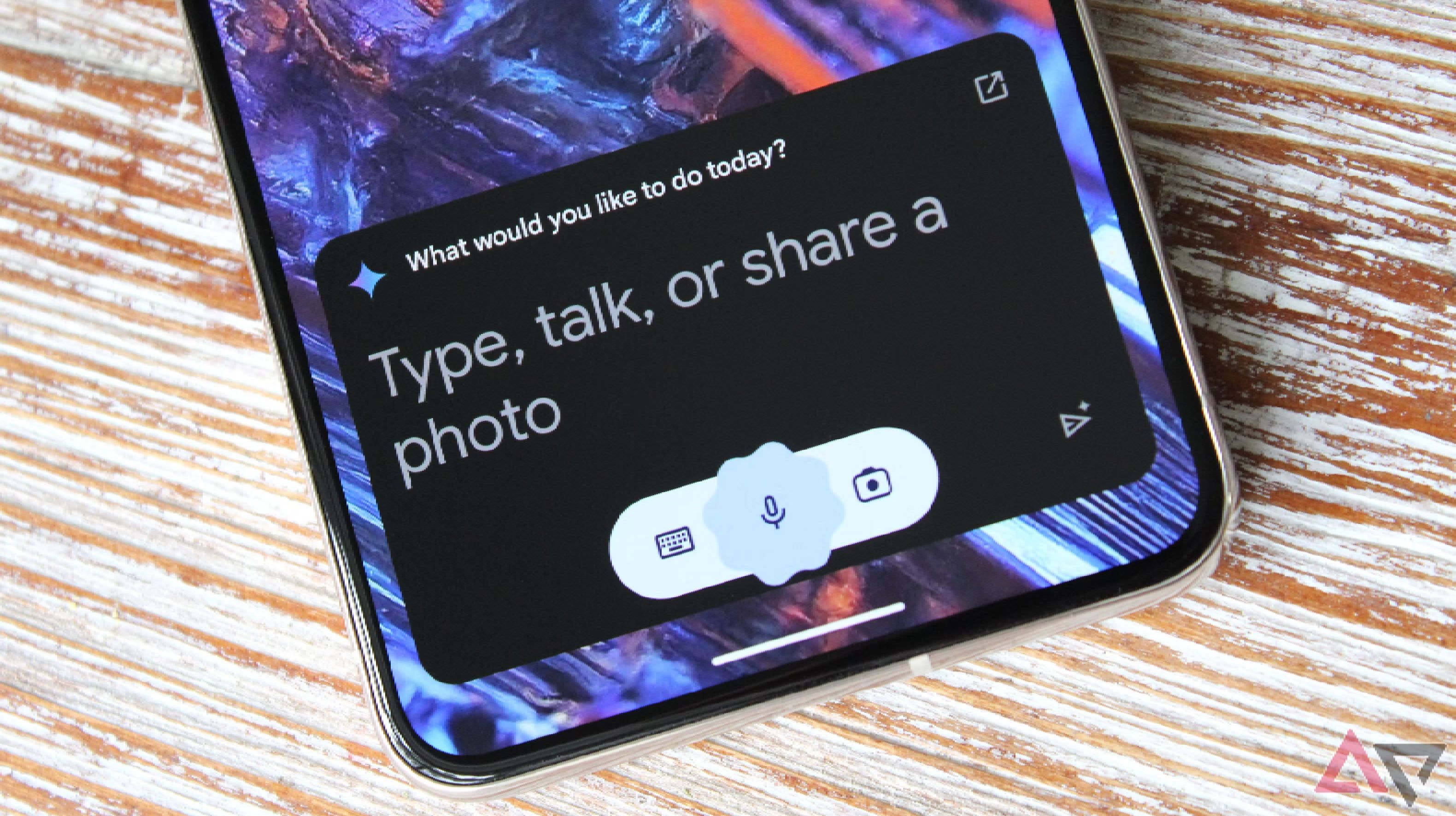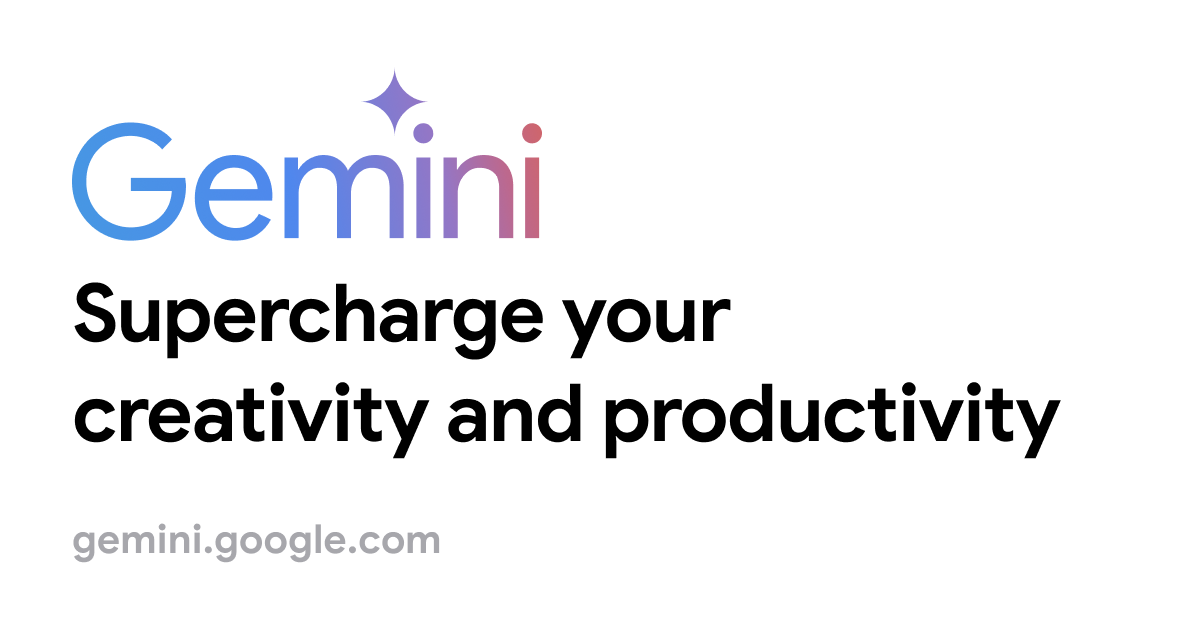Google allows users to personalize their Gemini conversations with ...
Google is allowing users to personalize its Gemini chatbot with new features, which the company rolled out Thursday in experimental mode. Gemini can now reference users' Google Search histories to understand them better and give more relevant recommendations, the company wrote in a blog post Thursday. It's an opt-in feature that allows the company to use search history data within its conversational AI.

The company also said users can now connect their respective apps to Gemini, including Calendar, Notes, Tasks, and Photos. Google will also make Gems, its custom AI helper for tasks, more broadly available to all users. Gems "lets you customize Gemini to create your own personal AI expert on any topic," the company wrote in the post.
Enhanced AI Capabilities
The latest features come as Google executives try to "close the gap" and establish leadership in an increasingly competitive AI industry. DeepMind co-founder Demis Hassabis told internal teams in December he wants the company to "turbocharge" the Gemini app this year and that scaling Gemini on the consumer side will be "our biggest focus next year," CNBC reported.
The company also said users can now connect their respective apps to Gemini, including Calendar, Notes, Tasks, and Photos. Google will also make Gems, its custom AI helper for tasks, more broadly available to all users. Gems "lets you customize Gemini to create your own personal AI expert on any topic," the company wrote in the post.

Competition and Innovation
Hassabis has talked about the competition with Chinese AI startup DeepSeek, telling employees at a February all-hands meeting that the reported cost of DeepSeek's AI training was likely "only a tiny fraction" of the total cost of developing its systems. He also said DeepSeek probably used a lot more hardware than it let on and that it relied on Western AI models.
Google on Wednesday also debuted two new AI models, Gemini Robotics and Gemini Robotics-ER (extended reasoning). They both run on Gemini 2.0, which Google calls its "most capable" AI to date.











